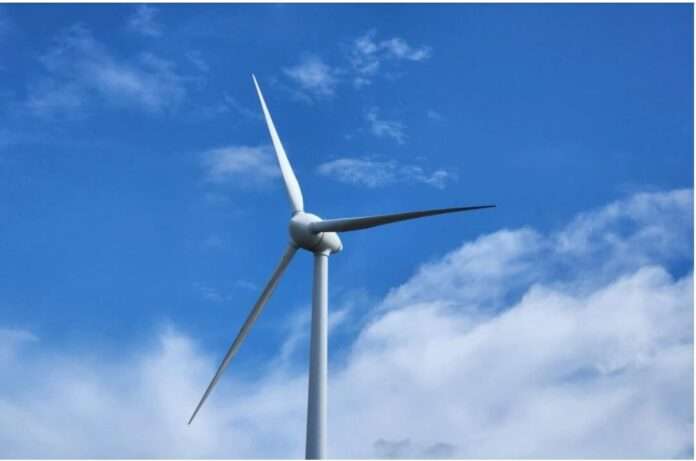Eesti Eest! Newspaper delivers curated news that cut through the censorship, mainstream bias, and institutional dominance that has left society divided and misinformed. The platform allows readers to access the news that matters, particularly when it is being ignored. Updated minute-by-minute with news coverage from a diversity of publications and topics. The website may display, include, or make available third-party content (including data, information, applications, and other products, services, and/or materials) or provide links to third-party websites or services, including through third-party advertising (“Third-Party Materials”). You acknowledge and agree that Eesti Eest! is not responsible for Third-Party Materials, including their accuracy, completeness, timeliness, validity, copyright compliance, legality, decency, quality, or any other aspect thereof. Eesti Eest does not assume and will not have any liability or responsibility to you or any other person or entity for any Third-Party Materials. Third-Party Materials and links thereto are provided solely as a convenience to you, and you access and use them entirely at your own risk and subject to such third parties’ terms and conditions. This Agreement is governed by and construed in accordance with the internal laws of the State of Delaware without giving effect to any choice or conflict of law provision or rule. Any legal suit, action, or proceeding arising out of or related to this Agreement shall be instituted exclusively in the federal courts of the United States or the courts of the State of Delaware. You waive any and all objections to the exercise of jurisdiction over you by such courts and to venue in such courts. The Content and Services are based in the state of Delaware in the United States and provided for access and use only by persons located in the United States. You acknowledge that you may not be able to access all or some of the Content and Services outside of the United States and that access thereto may not be legal by certain persons or in certain countries. If you access the Content and Services from outside the United States, you are responsible for compliance with local laws. All information on this site is intended for entertainment purposes only.
Contact us: [email protected]
Eesti Eest!








The Australian Labor government will mimic moves by fellow democracies to intervene directly in their economies to create “sovereign” green energy supply chains and local manufacturing.
Prime Minister Anthony Albanese is set to unveil the Future Made in Australia Act, which will include taxpayer-backed incentives to subsidise advanced manufacturing and clean energy industries in the country.
“We need to be clear-eyed about the economic realities of this decade, recognising that the game has changed—and the role of government needs to evolve. Government needs to be more strategic, more sophisticated, and a more constructive contributor,” he will say at the Queensland Media Club in Brisbane on April 11.
“We need to be willing to break with old orthodoxies and pull new levers to advance the national interest,” he will say, in a justification for the government to play a larger role in the economy.
The prime minister will cite moves by the United States with its Inflation Reduction Act and its CHIPS Act, the European Union’s European Economic Security Strategy, Japan’s Economic Security Promotion Act, and South Korea’s National Security Strategy.
All involve government investment, tax breaks, and incentives targeting critical industries.
PM Says It’s Not About Ideology
This shift also signals an attempt to veer away from traditional ideas of the classical liberal or free market economy, where authorities try to play a limited role in the economy and allow private enterprises (small and large businesses) to drive growth, and determine what industries and technologies are worth investing in.
Yet the prime minister will also play down this angle, saying the move is not about “ideology, it’s about opportunity—and urgency.”
Mr. Albanese said this last decade, namely due to the climate change push, there has been a “fundamental shift” to the way nations are “structuring their economies.”
“A change every bit as significant as the industrial revolution or the information revolution—and more rapid and wide-ranging than both,” he will say.
Much like the Biden administration, the Albanese government will back development in the renewable energy sector, including hydrogen, green metals, solar power, and emerging renewable sources, according to AAP.
“This is about giving Australian businesses, Australian communities, and the Australian people every possible opportunity to benefit from this moment,” he will say.
The announcement comes a month out from the federal budget, and Shadow Treasurer Angus Taylor has said the program will do little to bring down living costs.
“You don’t address a cost of living crisis by throwing hard-earned taxpayers money around,” he told Nine’s Today program.
China and Green Energy
Initially, the announcement will likely address two goals: distance Australian manufacturing from Chinese supply chains, and give a further boost to the domestic renewable energy sector.
Chinese companies currently dominate supply chains in the renewable sector, with China controlling over 70 percent of the world’s critical mineral production—an important ingredient in wind turbine, battery, and solar panel manufacturing.
At the same time, moves to push taxpayer funds into renewables have been criticised by U.S. commentators.
Jonathan Lesser, president of Continental Economics, said Biden’s Inflation Reduction Act offered billions in incentives to renewable companies, instead of allowing the private market to work out how to make the industry viable.
“Most wind and solar projects will be able to claim a minimum 30 percent ITC, plus be eligible for an additional 10 percent credit if the projects rely on domestic manufacturing for components.
“The greater the costs, the larger the subsidies. Although wind and solar proponents still claim that costs are falling, the reality is the opposite. Offshore wind developers, especially, are clamoring to renegotiate contracts they signed previously.”